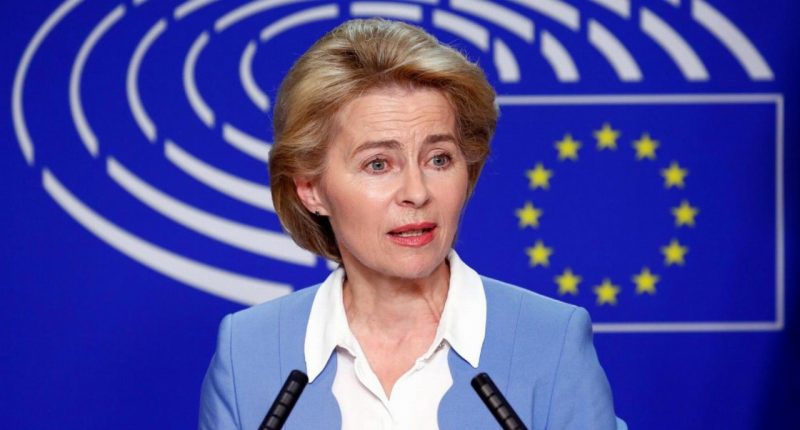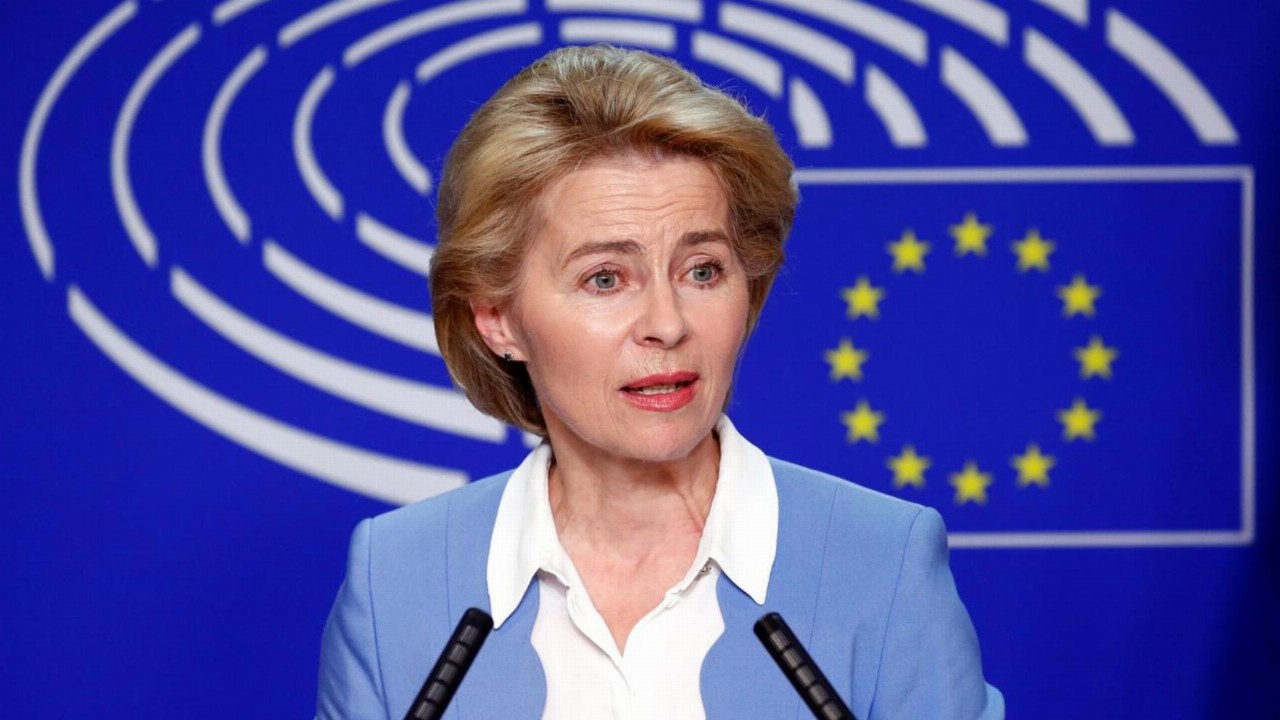- Countries across Europe are set to resume a suspended rollout of the AstraZeneca vaccine after the European Union’s drug regulator declared it safe and effective
- At least 13 countries across Europe paused their roll-out of the AstraZeneca jab amid concerns it was linked to blood clots and rare blood conditions
- As such, the European Medicines Agency (EMA) conducted an investigation into the jab
- Today, the EMA confirmed that the AstraZeneca vaccine is not linked to increased blood clots in Europe
- However, the regulator admitted it could be linked to two rare blood conditions known as cerebral venous thrombosis (CVT) and cerebral venous sinus thrombosis (CVST)
- Still, the EMA has only recorded a combined 25 cases of these conditions out of 20 million vaccinations and a link to vaccinations has not been proven
- In light of this, the EMA said the benefits of receiving a COVID-19 jab still far outweigh the risk of adverse side effects
- Following the EMA report, Italy announced it would resume its roll-out of the AstraZeneca Jab, with Germany and France following soon after
- Portugal, Spain, and the Netherlands have confirmed they plan to resume their vaccination programs in the coming week
Countries across Europe are set to resume a suspended rollout of the AstraZeneca vaccine after the European Union’s drug regulator declared it safe and effective.
At least 13 European Union nations — including Italy, Germany, France and Ireland — paused their roll-out of the AstraZeneca jab amid concerns that it was linked to blood clots and rare blood conditions in people who were vaccinated.
The concerns led to an investigation from the European Medicines Agency (EMA), which has today confirmed the vaccine is not linked to increased blood clots.
However, the drug regulator admitted there could be a link between the vaccine and rare blood conditions known as cerebral venous thrombosis (CVT) and cerebral venous sinus thrombosis (CVST), which are characterised by blood clots in the head.
“These are rare cases — around 20 million people in the U.K. and European Economic Area had received a vaccine as of March 16 and EMA had reviewed only seven cases of blood clots in multiple blood vessels,” the EMA investigation found.
Investigators also flagged 18 cases of CVST under investigation.
“A causal link with the vaccine is not proven, but is possible and deserves further analysis,” the EMA said.
Nevertheless, the regulatory body said the benefits of receiving a COVID-19 vaccine to fight the threat presented by the coronavirus still far outweigh the risk of adverse side effects.
The combined 25 cases of rare blood disorders following the vaccine were almost all in women under 55, though it’s not yet clear if this is just because more people have been vaccinated in this group.
Rollouts to resume
On the back of the EMA investigation report, Italy was the first EU country to announce it will resume its AstraZeneca vaccination program. France and Germany followed not long after.
The news comes as France announced a one-month lockdown for Paris and other regions as COVID-19 infection numbers begin to rise once more.
“I am confident public trust in the vaccine will be restored,” French Prime Minister Jean Castex said, though he admitted this could take some time.
U.K. Prime Minister Boris Johnson continued to urge citizens to get whichever COVID-19 jab is available to them.
“The Oxford jab is safe, the Pfizer jab is safe,” the Prime Minister said.
“The thing that isn’t safe it catching COVID, which is why it’s so important that we all get our jabs as soon as our turn comes.”
He said he would get inoculated later this week with the AstraZeneca vaccine.
Health authorities in Portugal, Spain, and the Netherlands have also confirmed they plan to resume their vaccination programs in the coming week.







